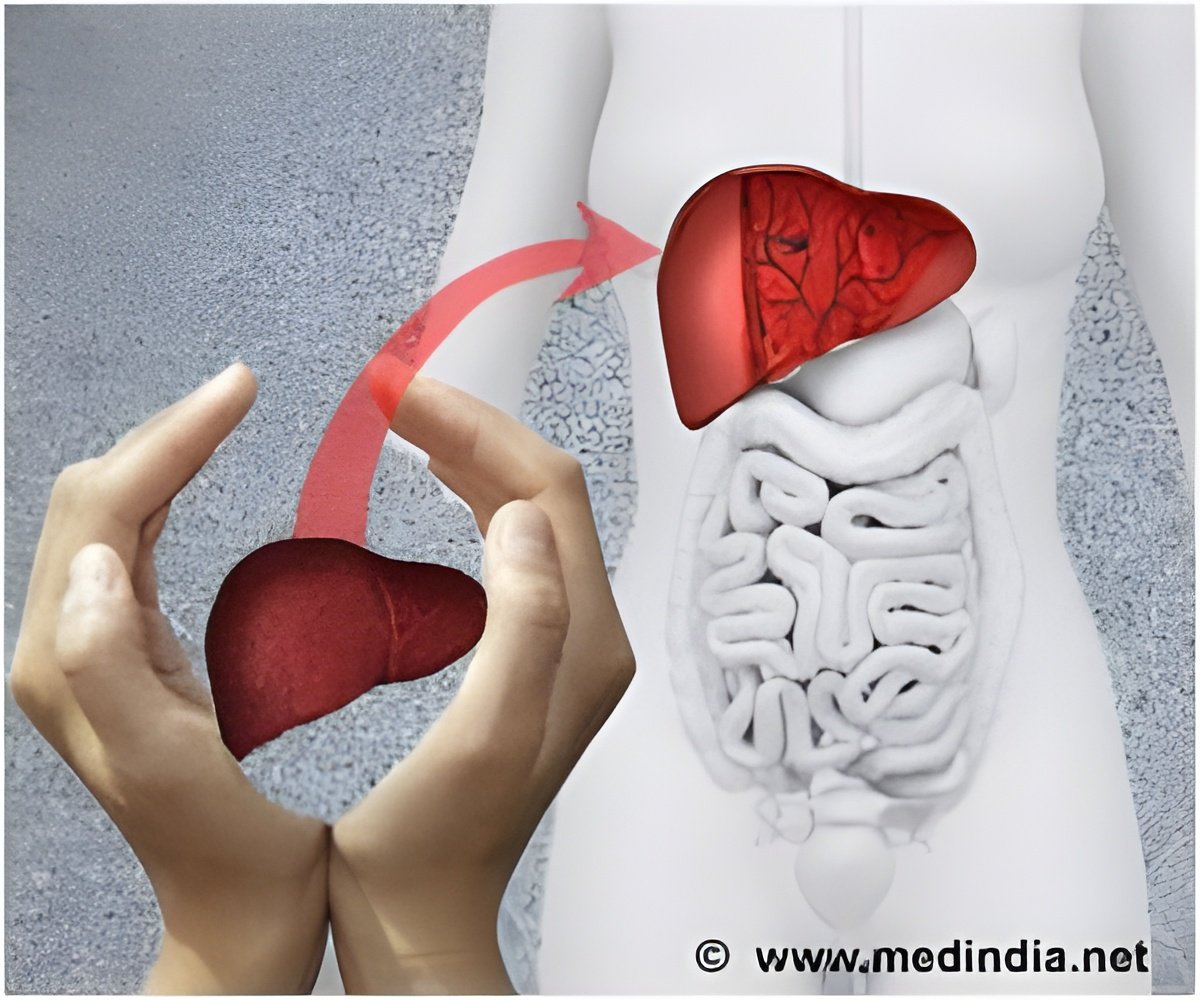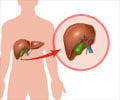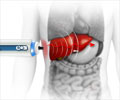Researchers have found that the immune molecule interleukin 33 (IL-33) plays a key role in the development of liver fibrosis.

Liver fibrosis refers to the accumulation of harmful deposits of extracellular matrix (ECM) proteins, and it can eventually lead to organ failure. Past studies have suggested that this kind of damage is associated with abnormal immune responses in the liver, but very little was known about the molecules and cells that contribute to fibrosis.
In the new study, Wirtz and his team found that the amount of IL-33 in the blood was higher than normal in patients with liver disease. Following up on this observation, they discovered that injection of IL-33 into mice caused ECM proteins to build up in the liver, whereas mice that were genetically modified to lack IL-33 were largely protected from fibrosis. The researchers went on to identify the immune networks underlying IL-33's harmful effects and discovered that this molecule activates immune cells called type 2 innate lymphoid cells (ILC2), which had never before been linked to liver disease.
"Our findings reveal IL-33 as a novel biomarker that could potentially lead to early detection of fibrosis in patients, which may be extremely valuable for preventing further damage to the liver," Wirtz says. "Moreover, the study shows that drugs targeting IL-33 or ILC2 responses could be a promising strategy to protect against fibrosis and chronic liver disease."
Source-Eurekalert















